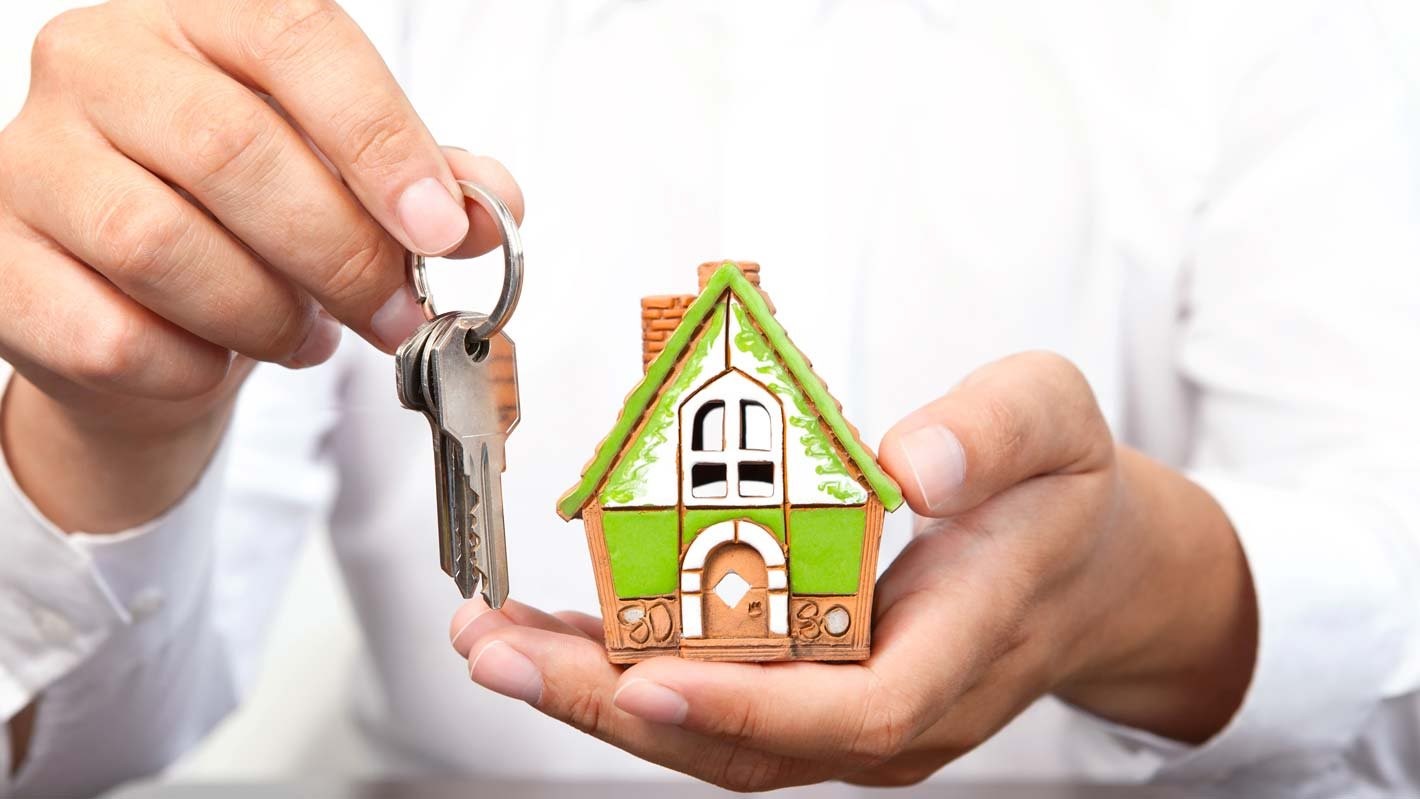Since we’re now sure 2020 will mark the first economic downturn in more than a decade, our only choice is to adjust how we spend money, and that applies to buying a home as well. I’m Ofir Bar and throughout the years I’ve seen the real estate market moving up and down. I’m active in markets like South Africa, Germany, and the Netherland, and if I’ve noticed something important is that people all around the world are eager for greater financial education.
Stick to the end of this article since I’m about to share valuable information on what should a person take in mind when buying a house during a market slowdown.

Slowing housing market?
Real estate professionals use a series of indicators to determine if a real estate market is slowing: -Home inventory supply – dividing the number of available homes for sale in the current month by the average number of home sales in the same month.
-Days on market (DOM) – how many days a house is on the market before selling.
-Home prices – correlating the home prices fluctuations with wage increases or unemployment.
-Increased number of price reductions – it grows when the market slows and vice-versa.
If we look at all the above-mentioned variables, most of the countries are at the beginning of a slowdown. Buying a house during such a period becomes a difficult decision, given incomes could drop and at the same time, prices could get cheaper in a few months.
Analyzing mortgage advantages
Record-low interest rates, especially in the Western World, had pushed mortgage rates lower and in exchange, dousing demand had increased, changing the climate in the real estate market. Central banks around the world had dropped interest rates to counteract the economic downturn and that put further pressure on mortgage rates.
It is not my intention to suggest taking a mortgage will be the best decision (because it depends on each individual’s condition), but to show that low-interest rates make this path attractive. To give you an actual example, for a borrower qualified for a $1,000 monthly mortgage payment, he can afford to buy a $233,000 house, if the interest on the mortgage is 5%. A 1% drop in interest will mean he/she would afford a $262,000 house.
A decrease in mortgage rates is equivalent to an increase in purchasing power for homebuyers. Still, the question arising is: will mortgage rates remain at record lows for the next 30 years? Nobody can guarantee that. However, the probability of low rates in the next few years is high, given central banks must use aggressive measures to stimulate the economy.
Conservative finances
When a market slowdown occurs, one of the main drivers is the drop in income at a national level. People have less money to spend and as a result, they become more conservative with their finances. The natural reaction is to look for less expensive and smaller homes, farther from urban centers, to get better pricing offers. If you’ve managed to save money during the past few years, or if you’ve found an attractive mortgage offer, buying a house in 2020 should be done with several compromises, given the uncertainty of the near term future.
Getting assistance from experts
In case it’s the first time you buy a house, getting advice from parents or friends won’t be the right way to approach things. Instead, look for assistance from a real estate expert. Even though it’s not free, he/she can guide you to make the best decision. You’ll manage to find an attractive house at the best value. Remember that buying a house will influence your future probably for the rest of your life, which makes it imperative to find qualified help. The bottom line is that there is no ideal way to buy a house during a market slowdown. Conditions are cultures that are different in each country and you’ll need to adapt accordingly. I’m Ofir Bar and hopefully, I’ve managed to motivate you to treat buying a house with more responsibility.